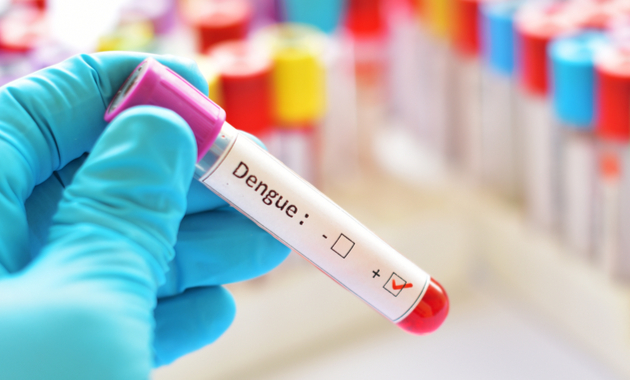

Dengue, a Viral Infection Transmitted Primarily by the Bite of the Aedes Mosquito, Has Become a Significant Health Concern Worldwide. Early Detection and Proper Treatment Are Crucial in Preventing Severe Complications. a Dengue Test Is a Vital Diagnostic Tool That Helps Identify the Presence of the Dengue Virus in Your Body.
A Dengue Test Involves a Simple Blood Sample Analysis. There Are Primarily Two Types of Tests: Ns1 Antigen Test: This Test Detects the Presence of a Dengue Virus Protein Called Ns1 in the Blood. It Is Most Accurate Within the First Week of Illness. Antibody Test: This Test Looks for Antibodies Produced by Your Immune System in Response to the Dengue Virus.
There Are Two Types of Antibodies:Igm Antibodies: Appear Within a Few Days of Infection and Usually Remain for Several Weeks.Igg Antibodies: Develop Later in the Illness and Can Persist for Years, Indicating Past Infection.
Early Diagnosis of Dengue Is Crucial for Several Reasons:Prompt Treatment: Identifying Dengue Early Allows for Timely Medical Intervention, Which Can Help Prevent the Disease from Progressing to a Severe Form. Monitoring Disease Progression: Regular Testing Can Help Monitor the Severity of the Infection and Guide Treatment Decisions.Epidemiological Surveillance: Dengue Test Results Contribute to Tracking the Spread of the Disease and Implementing Preventive Measures.
While a Dengue Test Is Essential for Confirmation, It's Important to Be Aware of the Common Symptoms of Dengue: High Fever Severe Headache Pain Behind the Eyes Joint and Muscle Pain Rash Nausea and Vomiting Fatigue If You Experience These Symptoms, Especially If You Live in or Have Recently Traveled to a Dengue-Prone Area, It's Crucial to Consult a Healthcare Professional for Proper Evaluation and Testing.